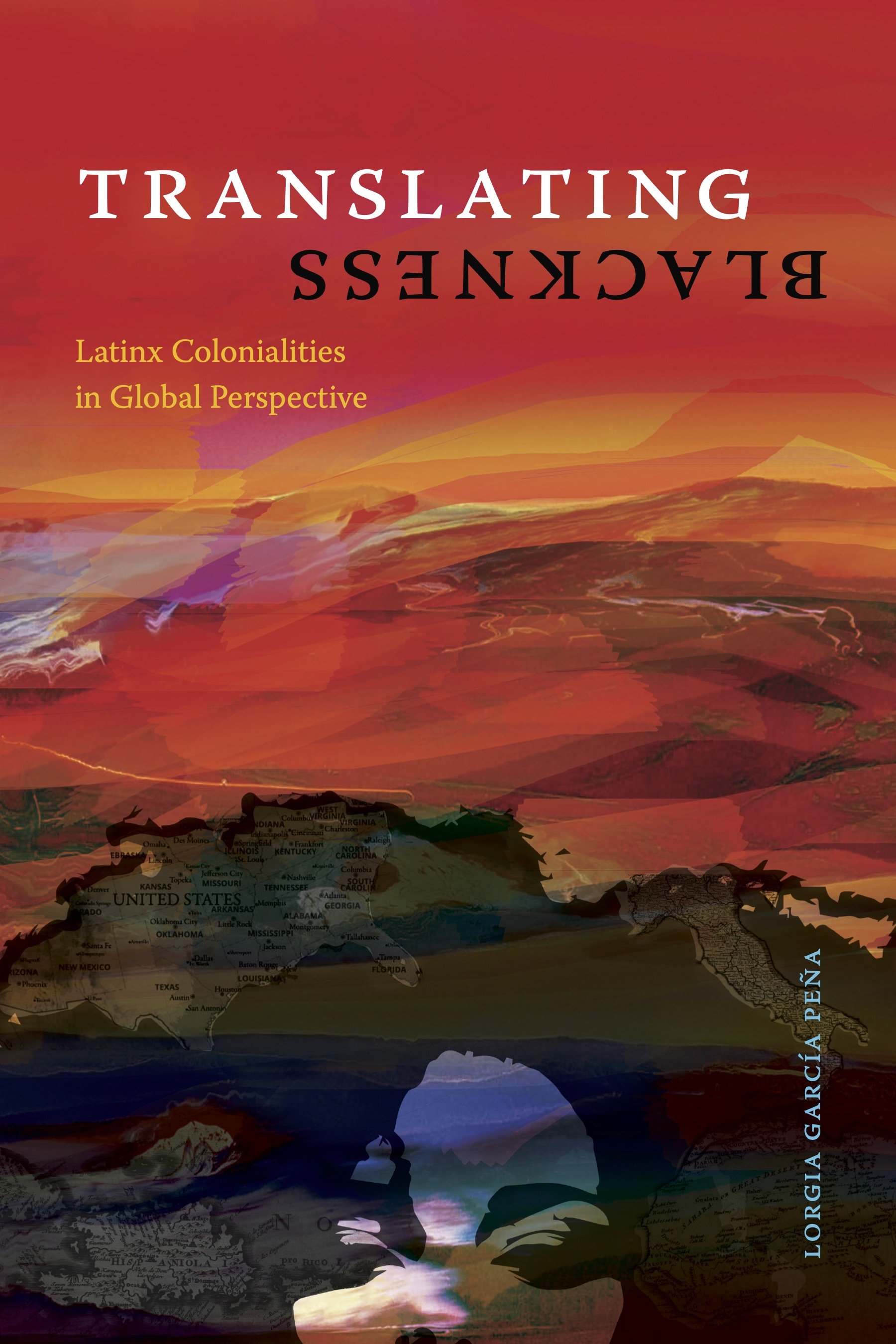Translating Blackness
Translating Blackness
Latinx Colonialities in Global Perspective
In Translating Blackness Lorgia García Peña considers Black Latinidad in a global perspective in order to chart colonialism as an ongoing sociopolitical force. Drawing from archives and cultural productions from the United States, the Caribbean, and Europe, García Peña argues that Black Latinidad is a social, cultural, and political formation—rather than solely a site of identity—through which we can understand both oppression and resistance. She takes up the intellectual and political genealogy of Black Latinidad in the works of Frederick Douglass, Gregorio Luperón, and Arthur Schomburg. She also considers the lives of Black Latina women living in the diaspora such as Black Dominicana guerrillas who migrated throughout the diaspora after the 1965 civil war and Black immigrant and second-generation women like Mercedes Frías and Milagros Guzmán organizing in Italy with other oppressed communities. In demonstrating that analyses of Black Latinidad must include Latinx people and cultures throughout the diaspora, García Peña shows how the vaivén—or, coming and going—at the heart of migrant life reveals that the nation is not a sufficient rubric from which to understand human lived experiences.
Reviews
“In questioning the centrality of US Blackness in the articulation of notions of Global Blackness in other diasporic contexts, this timely book makes groundbreaking contributions in Latino, Caribbean, and Africana studies, decolonial theory, and gender and performance studies.” — Yolanda Martínez-San Miguel, author of Coloniality of Diasporas: Rethinking Intra-Colonial Migrations in a Pan-Caribbean Context
“In Translating Blackness, Lorgia García Peña theorizes Black Latinidad in its unsettled meanings, translations, and significations as epistemology, method, and point of entry. In this profoundly hopeful and necessary book, García Peña continues to think with contradiction as a practice central to vaivén, that coming and going that informs the ways that Black people in Diaspora live belonging and unbelonging, practice resistance, and understand and make place outside of nation and in the face of migration and ongoing colonial violence.” — Christina Sharpe, author of In the Wake: On Blackness and Being
AWARDS
2023 Isis Duarte Book Prize in Haiti/Dominican Studies
2023 Barbara Christian Book Literary Book Award
